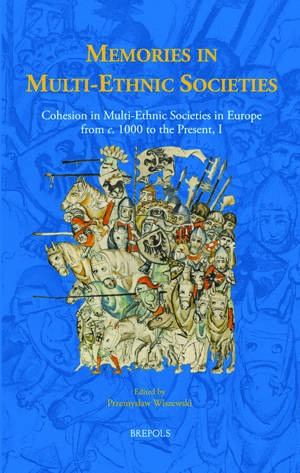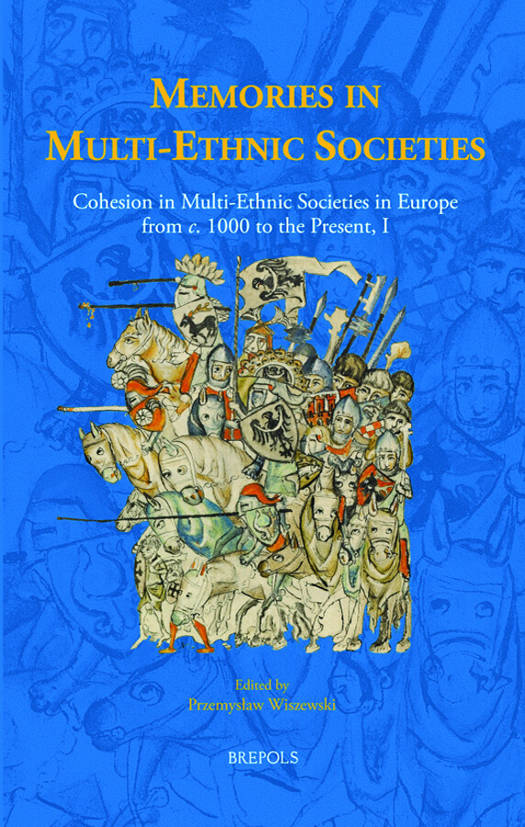
- Afhalen na 1 uur in een winkel met voorraad
- Gratis thuislevering in België vanaf € 30
- Ruim aanbod met 7 miljoen producten
- Afhalen na 1 uur in een winkel met voorraad
- Gratis thuislevering in België vanaf € 30
- Ruim aanbod met 7 miljoen producten
Zoeken
Memories in Multi-Ethnic Societies
Cohesion in Multi-Ethnic Societies in Europe from C. 1000 to the Present, I
Przemyslaw Wiszewski
Hardcover | Engels
€ 121,90
+ 243 punten
Omschrijving
The three-volume project Cohesion in Multi-Ethnic Societies in Europe from c. 1000 to the Present explores and seeks to find solutions to a crucial problem facing contemporary Europe: in what circumstances can different ethnic groups co-operate for the common good? They apparently did so in the past, combining to form political societies, medieval and early modern duchies, kingdoms, and empires. But did they maintain their ethnic traditions in this process? Did they pass on elements of their cultural memory when they were not in a dominant position in a given polity? This first volume of the project focuses on the cohesive function of memory, tradition, and identity politics in multi-ethnic societies. Featuring chapters written by authors from Southern, Central, and Eastern Europe, it presents sixteen case studies of the co-habitation or co-operation of different ethnic groups from the so-called 'peripheries' of medieval and early modern Europe that resulted in peaceful acculturation or the birth of a new identity on the basis of multi-ethnic political society. The volume suggests that ethnic identities were consciously accepted as one among various forms of identity that were possessed by social groups: they were rarely absolutized, and members of these groups preferred pragmatic approaches in their relations with other ethnicities.
Specificaties
Betrokkenen
- Auteur(s):
- Uitgeverij:
Inhoud
- Aantal bladzijden:
- 424
- Taal:
- Engels
Eigenschappen
- Productcode (EAN):
- 9782503588902
- Verschijningsdatum:
- 10/12/2020
- Uitvoering:
- Hardcover
- Formaat:
- Genaaid
- Afmetingen:
- 147 mm x 224 mm
- Gewicht:
- 317 g

Alleen bij Standaard Boekhandel
+ 243 punten op je klantenkaart van Standaard Boekhandel
Beoordelingen
We publiceren alleen reviews die voldoen aan de voorwaarden voor reviews. Bekijk onze voorwaarden voor reviews.








